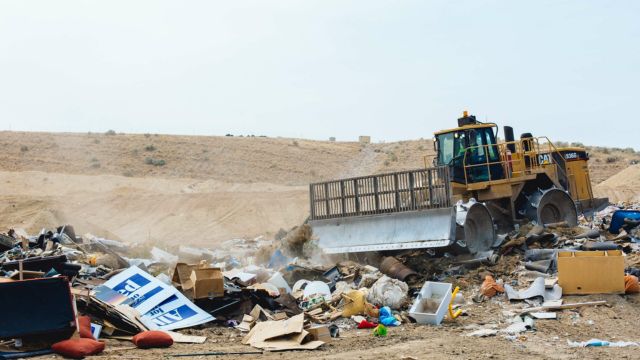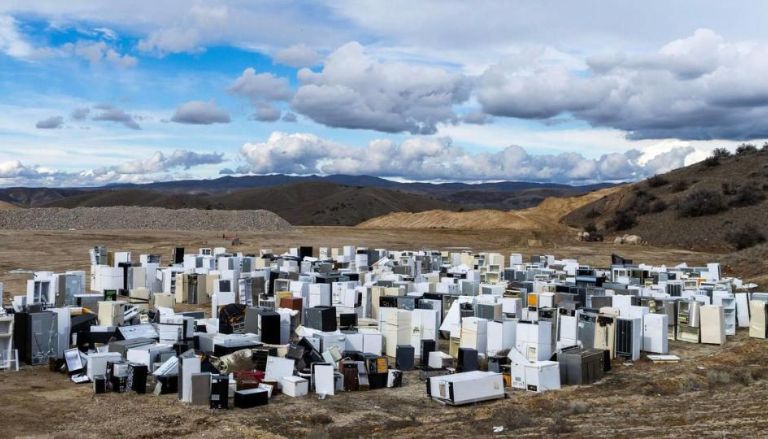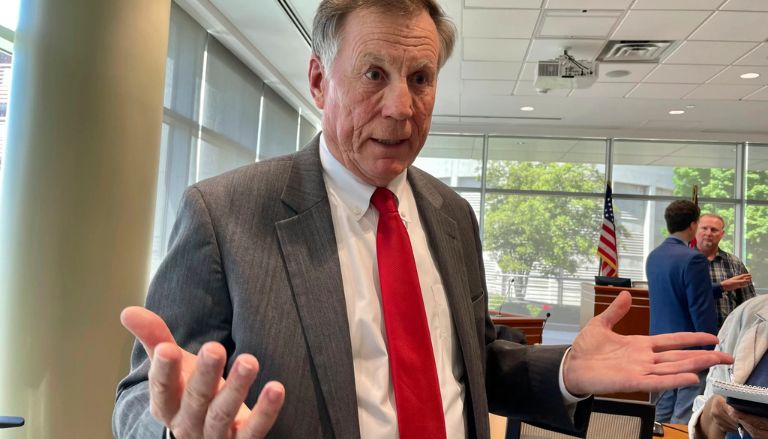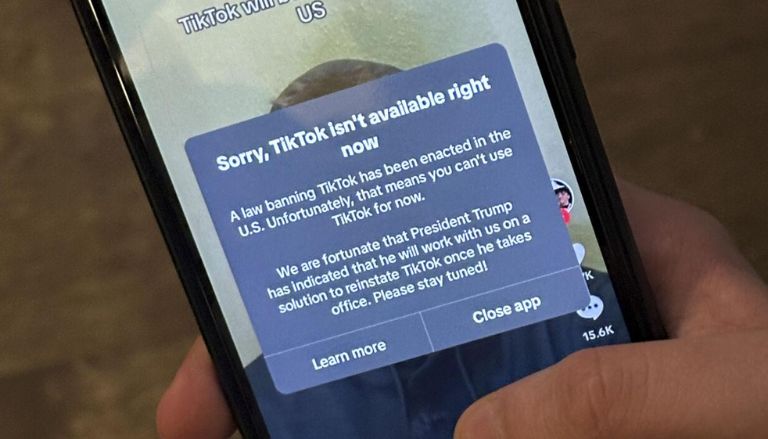The old proverb “one man’s trash is another man’s treasure” is true in the Boise area.
Getting rid of trash is something that many people in the Boise area don’t think about. They pay the city to pick up their trash, put it in a bin outside their house, and expect it to be cleaned up regularly.
However, for the Ada County dump, where that trash goes next costs money and has recently been called into question.
A deal has been made for Republic Services to buy a former landfill in Elmore County. Republic Services picks up trash and recycles for Boise and other places in the Treasure Valley. If the deal to buy the land near Mountain Home goes through, Ada County officials say it could cut down on the amount of trash that ends up at the Ada County dump.
The dump is run by the county, so no tax money is used to run or maintain it. It makes money by letting people drop off trash, including Republic Services. The landfill needs a certain amount of trash from people in order to make the numbers work. However, it’s mostly up to the cities, not the county, to decide how trash is picked up and sent.
If the county’s waste income goes down, it might have to make up the difference. Higher fees or a tax levy could be part of that.
“If the county saw a big drop in incoming trash, that would have an effect on our operations from a revenue point of view, so we would have to make changes,” Herb Cantu, head of the landfill, told the Idaho Statesman over the phone. “That could be a way to correctly change the fees.” It might be a tax. We really wouldn’t know until the case came up, so we don’t know.
Ada officials don’t think the company can handle environmental and legal risks.
The plan for the new dump was one of the main things that Ada County commissioners talked about when they met with state lawmakers in December. At the meeting, some lawmakers asked if the county was trying to stop a private company from competing, but Cantu said it wasn’t just about the money.
Even after they close and stop making money, landfills need to be watched over for decades because they keep giving off gas and could pollute groundwater.
Cantonu said, “It’s not a normal way to run a business, because when you start one, you know it will last as long as you think is right.” “When you have a landfill, your business ends, but you still have to pay for all the costs, including the environmental costs, to keep the site in good shape.”
“A dump is a business, but it’s much more than that when you look at it bigger picture,” he said. “It’s actually a debt you have to keep up forever.”
Lids are usually run by the government because they “are going to stick around for the long haul,” he said. He was worried that a private organization might not have to pay for all the damage or disasters that happen, or that it might have to depend on insurance companies that are already under a lot of stress from natural disasters.
“What safeguards will be in place when a new player comes in, like a private company?” he asked.
A Republic Services spokesperson, Melissa Quillard, hit back at those worries. She told the Statesman by email that the company has a “long history” of responsibly managing both open and closed landfills. She said that the business runs 208 open landfills and manages 126 closed landfills across the country.
“These new landfills have the best environmental safety features to protect both the environment and the communities they serve,” Quillard said.
Republic would own one of the few privately owned dumps in the state if the deal to buy the one at 16415 NW Waste Site Drive goes through and the company gets a permit from Elmore County. There’s no need to worry about that, Michelle Langdon, head of the Idaho Solid Waste Association, told the Statesman in an email.

“Like many other public utilities and services, landfills are usually run by the government,” she wrote. “One reason for this is the big investment that needs to be made up front.” However, private companies own and run facilities across the country that are both efficient and good for the earth.
Langdon agreed with Cantu that one of his worries was that the county dump might make less money while Ada County is stuck paying for running the site.
“The large amount of money that the government has already spent on waste management infrastructure should be carefully thought through,” she said. “The proposed development avoids creating stranded public assets, does not disrupt the financial or operational stability of public services, and ultimately does not negatively impact citizens or the services they rely on,” that is what people who support the new project should make sure of.







Leave a Comment